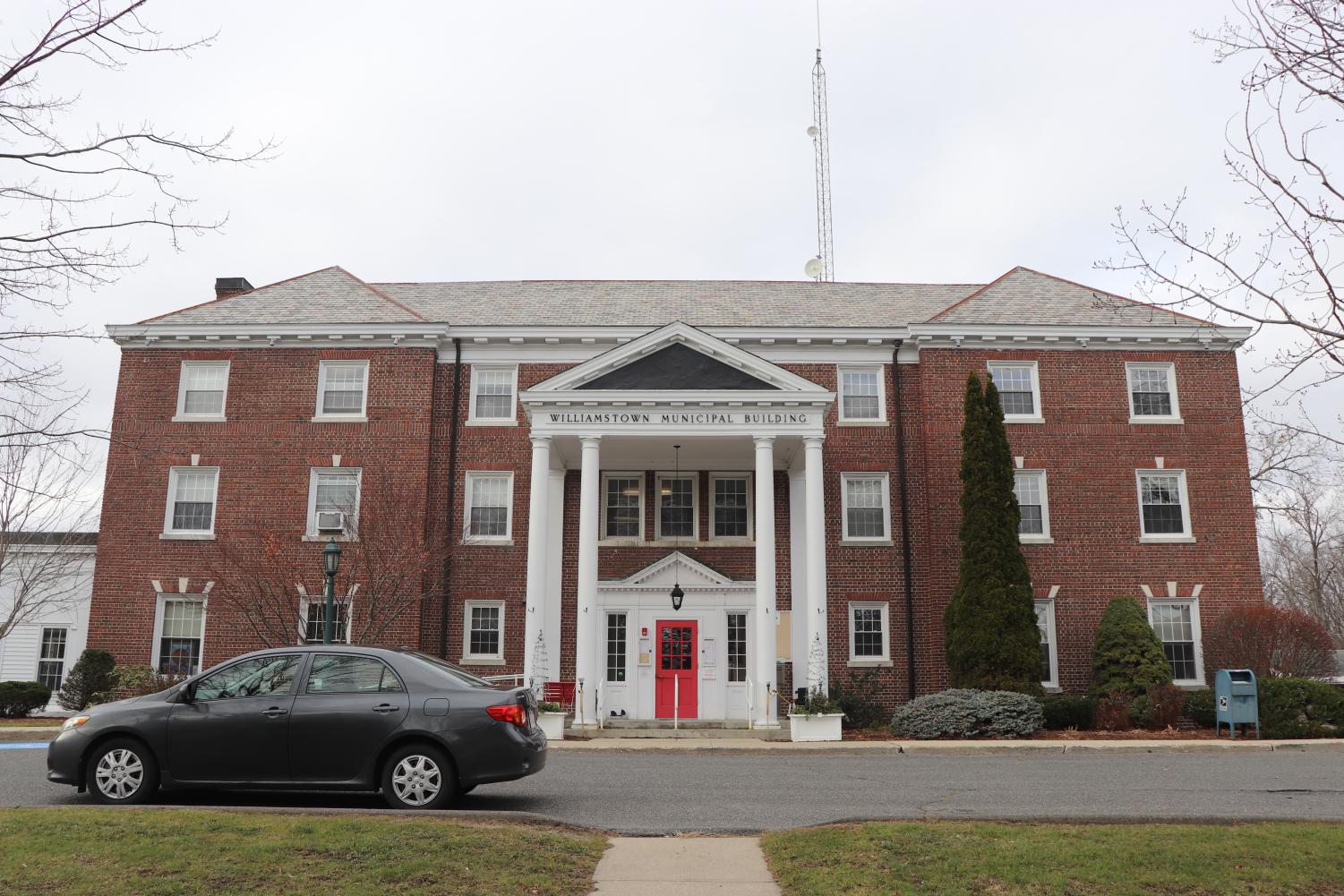Williamstown seeks to review Town Charter
November 30, 2022

Williamstown has not reviewed and updated its Town Charter since the charter’s adoption in 1956. But the Charter Review Committee — which the Select Board commissioned over the summer — seeks to change that.
At the 2022 Town Meeting, voters approved small amendments to the charter, such as modifications to make its language gender-neutral and remove the local residency requirement for the Town Manager. The Charter Committee hopes to perform a larger, more comprehensive review of the document, solicit input on the revision from Town officials and residents, and propose changes to the charter at the 2024 Town Meeting.
“It’s essentially a very small-town version of the Constitutional Convention,” said Andy Hogeland ’76, who chairs the Select Board and the Charter Review Committee. “We’re trying to rewrite our constitution in a very modest way.”
The charter is just one of the structures that governs Williamstown — initiatives voted on at Town Meeting and Massachusetts General Law, for example, constitute two other instruments. It includes provisions on elected and appointed positions in Town government, parameters for the Town Manager position, and the Town’s annual budget.
To bring the charter in line with the way Williamstown operates today, the Charter Review Committee’s eight members — which includes volunteers with decades of experience in Town government, as well as two members of the Select Board and Robert Menicocci, the Town Manager — have met once a month since the group first convened in September. “We’re going into this with an open mind,” Hogeland said.
At its recent meetings, which are public per Massachusetts’ Open Meeting Law, the committee has discussed gathering input from voices internal and external to Town government, such as members of other Town committees and local residents, throughout its review process and hiring a consultant to give feedback on the Town’s charter.
Hogeland said that the committee hopes to use consultants sparingly. “We want to be careful not to spend money too freely and [on] work we can probably do ourselves,” he said. But tomorrow, at the committee’s next meeting, its members will meet with a consultant from the Edward J. Collins, Jr. Center for Public Management at UMass Boston. The consultant will give a presentation on the charter, highlighting which of its elements are sufficient, insufficient, and similar or dissimilar to charters that serve other towns across the Commonwealth.
In addition to attendees voting in favor of the committee’s eventual recommendations at Town Meeting, the proposals must also gain the approval of the Massachusetts State Legislature, according to Hogeland, which means that the committee’s work may not come into effect for many months.
But to Menicocci, modernizing the charter will ensure that the Town’s policy initiatives comply with legal guidelines. “This [update] will give the Town the opportunity to ensure that it is in alignment with changes in public policy that have taken place since its last review,” he wrote in an email to the Record. “My long-term goal is to use the charter review process to lay the foundation of reviewing the Town bylaws and updating them as necessary.”








